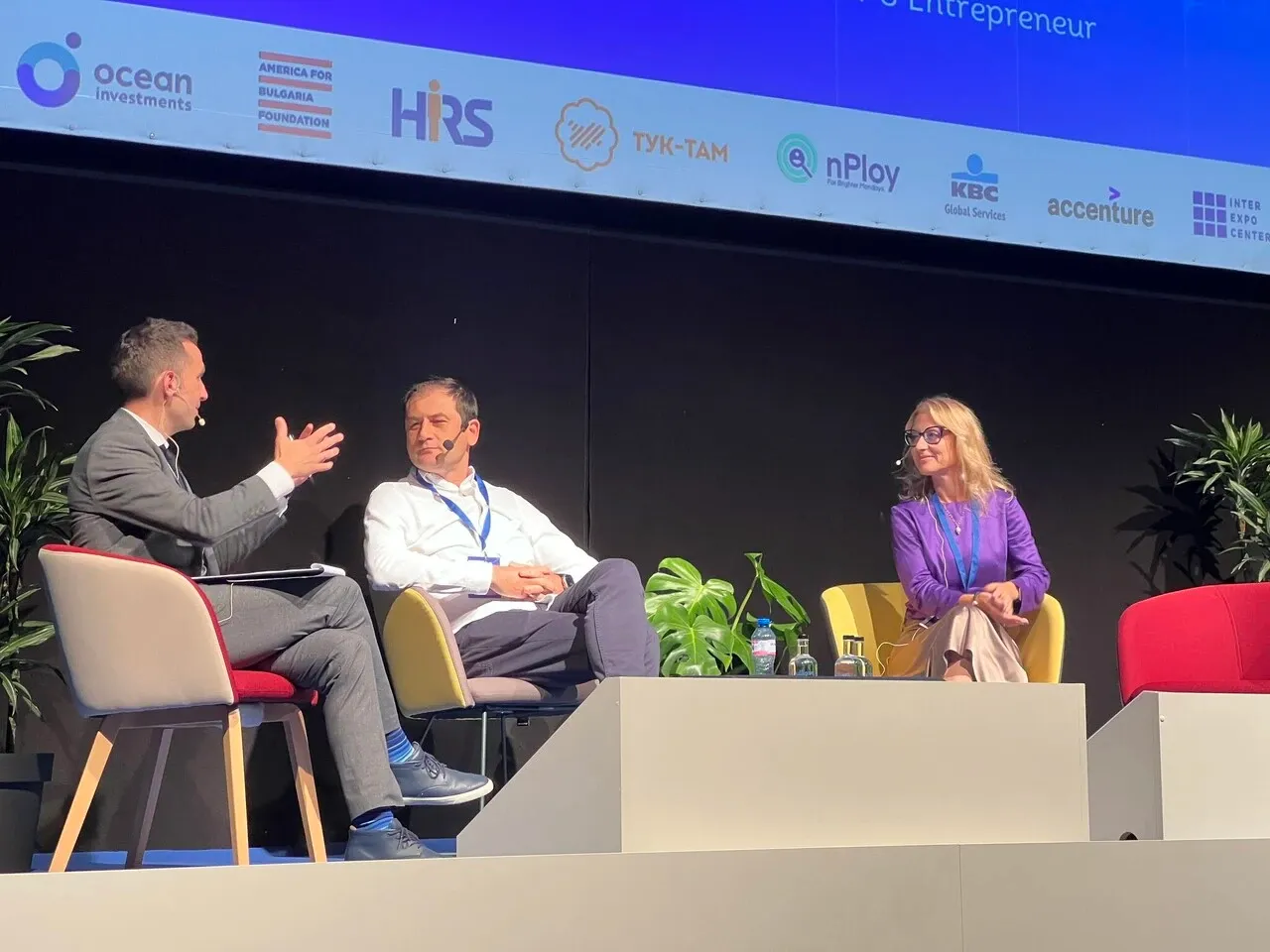EU startups seem to be off to a strong start with the announcement of the very first EU Startup and Scaleup Strategy by Ekaterina Zaharieva, European Commissioner Startups, Research and Innovation at the European Commission. The long-overdue, comprehensive plan signals that the continent is finally taking its startup ecosystem seriously. While university research and corporate R&D labs provide a solid foundation for innovation, adding targeted programs to support and scale startups could turn this trifecta into a true powerhouse - one that has the potential to become the envy of the world.
Startups live and die by their ability to access fast, efficient markets - measured by the quality of sales opportunities, the length of sales cycles, and the velocity at which deals close. In Europe, this remains a persistent challenge. Structural inefficiencies, slow procurement processes, and fragmented market access continue to hinder startup growth, and addressing these issues is critical if the continent wants to compete globally. Let me begin with the most common and pressing examples I hear from startups time and again.
First, public tenders remain notoriously inaccessible to startups. Most are written with requirements that effectively exclude new and innovative companies - such as extensive track records, high financial thresholds, and various guarantees. One startup recently shared a Romanian tender that explicitly required proof of at least ten similar prior projects, along with detailed financial statements. This raises a critical question: how can we expect innovation to thrive if entry is only granted to those with a long history? Economists call this path dependency - a structural bias toward the status quo that has left many countries trailing as economic laggards.
While these requirements are meant to de-risk public projects, they often end up stifling innovation. Implementing the EU Startup and Scaleup Strategy effectively will require market-based solutions for managing risk. One approach could be the creation of a specialized business insurance scheme tailored for startups and scaleups, helping to mitigate financial exposure of the procuring company without excluding early-stage firms. Additionally, targeted tax incentives could encourage established companies to partner with or subcontract to startups, reducing the perceived risk of engaging with newer players. Together, these mechanisms would go a long way toward making public tenders more accessible and innovation-friendly.
The second issue I frequently hear from startups is the slow and bureaucratic nature of procurement processes. One founder recently shared an example of a free proof-of-concept engagement which was completed in 5 days but was dragged on through procurement for over nine months. If even no-cost trials are subjected to such exhausting procedures, how can we expect the rapid adoption of new technologies? There are, of course, legitimate reasons for due diligence in procurement - but startups have been forced to rely on marketing tactics like FOMO (fear of missing out) to overcome these structural delays. In fact, many companies have instituted fast tracks for FOMO tech. While FOMO may speed things up, it’s a workaround, not a solution. A more effective and equitable fix would be to introduce tax incentives that reward organizations for speedy adoption of solutions from startups and scaleups. This would help accelerate procurement cycles across the board - without depending on hype or privilege - making the market genuinely accessible to all innovators.
In a recent statement, Alex Karp, CEO of Palantir, asserted that the AI race will be won by either the United States or China - and that Europe should learn from the U.S. Did we hear that correctly? Europe is being framed as irrelevant, and the suggested solution is to further entrench American big tech within its already heavily Americanized digital ecosystem. This underscores a deeper issue: beyond offering support, the EU must move swiftly to dismantle the structural barriers that prevent innovation from thriving. After all, it is market opportunities - not just funding - that ultimately drive innovation.
Originally published on LinkedIn
